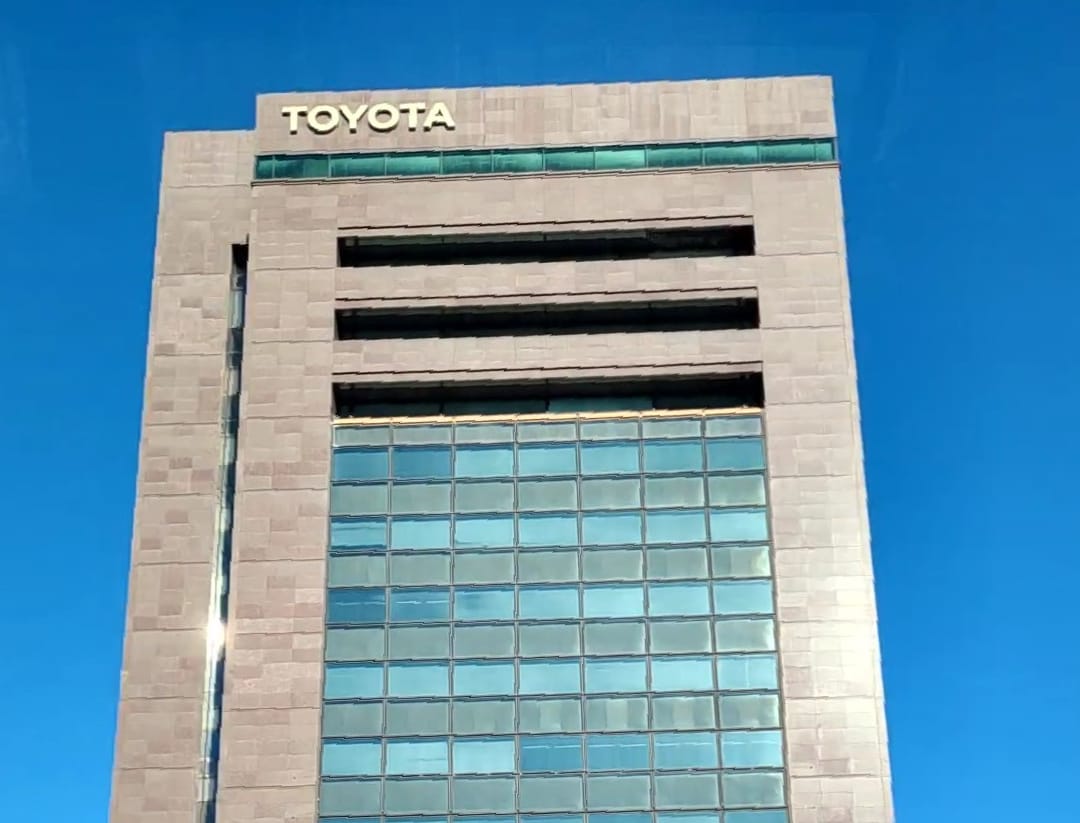Western Automakers Allegedly Using Aluminium From Xinjiang

The Lede: In a report published on Thursday, the non-profit advocacy group Human Rights Watch argues that there is a high likelihood of Western automakers sourcing aluminium in their China-based manufacturing operations that has been produced with forced labor in the Xinjiang region, where Beijing has been subject to international criticism and sanctions over the treatment of the Uyghur population. China became the world’s largest car exporter last year and is the biggest manufacturer of battery-powered electric vehicles (EVs).
What We Know:
- The HRW report alleges that foreign car manufacturers including Tesla, General Motors, Toyota, and Volkswagen with operations in China use materials that involve aluminium from Xinjiang that is mixed with other metals to make aluminium alloys in other parts of China. This process obscures traces of forced labor and makes it difficult to determine the ultimate origin of the element itself.
- At least three aluminium producers or smelters in Xinjiang, including Xinjiang East Hope Nonferrous Metals, Tianshan Aluminium, and Xinfa Group Xinjiang, have been identified as either receiving labor transfers targeting Uyghurs and other ethnic minorities or are closely linked to Xinjiang Production Construction Corps. The report is based on company statements, Chinese government documents, and previous research by Human Rights Watch and other organizations.
The Background: Aluminium is critical in making EVs and is used in automobile frames, engine blocks, and battery foils. More than 15% of China's production of the metal comes from the western autonomous region of Xinjiang. In 2021, the U.S. enacted the Uyghur Forced Labor Prevention Act, which banned the entry of goods manufactured or produced in Xinjiang. U.S. lawmakers have said the import ban needs to be better enforced, as a trade loophole known as a de minimis provision, allows packages valued below $800 to enter the country with much less scrutiny from customs authorities.
Likely Outcomes:
- In response to these and previous inquiries, the automakers implicated in this report generally repeat the line that human rights are at the forefront of their company values and that they go through great lengths to ensure the cleanest supply chains for their operations. The opaque and obscured supply chains will likely continue to serve these companies as long as policymakers in their countries of origin decide to make this an issue. That type of scrutiny would likely only come on the back of some larger political or economic clash with China.
- If the Western countries where these car manufacturers are based decide to implement measures to crack down on aluminium or other parts of auto industry supply chains in Xinjiang, prices of cars by foreign companies will likely rise, especially against cars produced by Chinese manufacturers. In September last year, Mitsubishi announced that it was ending its car production in China with the rise in popularity of domestic Chinese brands. It was also in that month that the EU announced that it was launching a probe into China’s subsidies into its domestic EV producers.
- Unless cars manufactured in China or cars made with components and materials sourced from China are completely banned by Western countries, it is likely that materials made under undesirable conditions will continue to be part of the global auto industry supply chains.
Quotables:
"The aluminium supply chain operates with multiple layers between the car company and the aluminium producer, and these layers create an opaqueness that kind of benefits the car industry because carmakers can buy material without knowing its origin and without knowing the risks to a context like Xinjiang." - Jim Wormington, senior researcher at HRW and author of the report
“[The allegation of forced labor] is the lie of the century fabricated by anti-China forces aiming to smear China. The real purpose is to sabotage the prosperity and stability of Xinjiang and to curb China’s development.” - statement from the Chinese Foreign Ministry to the Associated Press
Good Reads:
Asleep at the Wheel: Car Companies’ Complicity in Forced Labor in China (HRW)
Major automakers may be using Chinese aluminum produced with Uyghur forced labor, rights group says (WP)
Tesla, Toyota, others at risk of using Xinjiang forced labor, report says (Nikkei)
Report: Global Carmaker Supply Chains Exposed to Xinjiang Forced Labor (VOA)
China’s Xinjiang aluminium boom exposes global carmakers to forced labour (FT)
